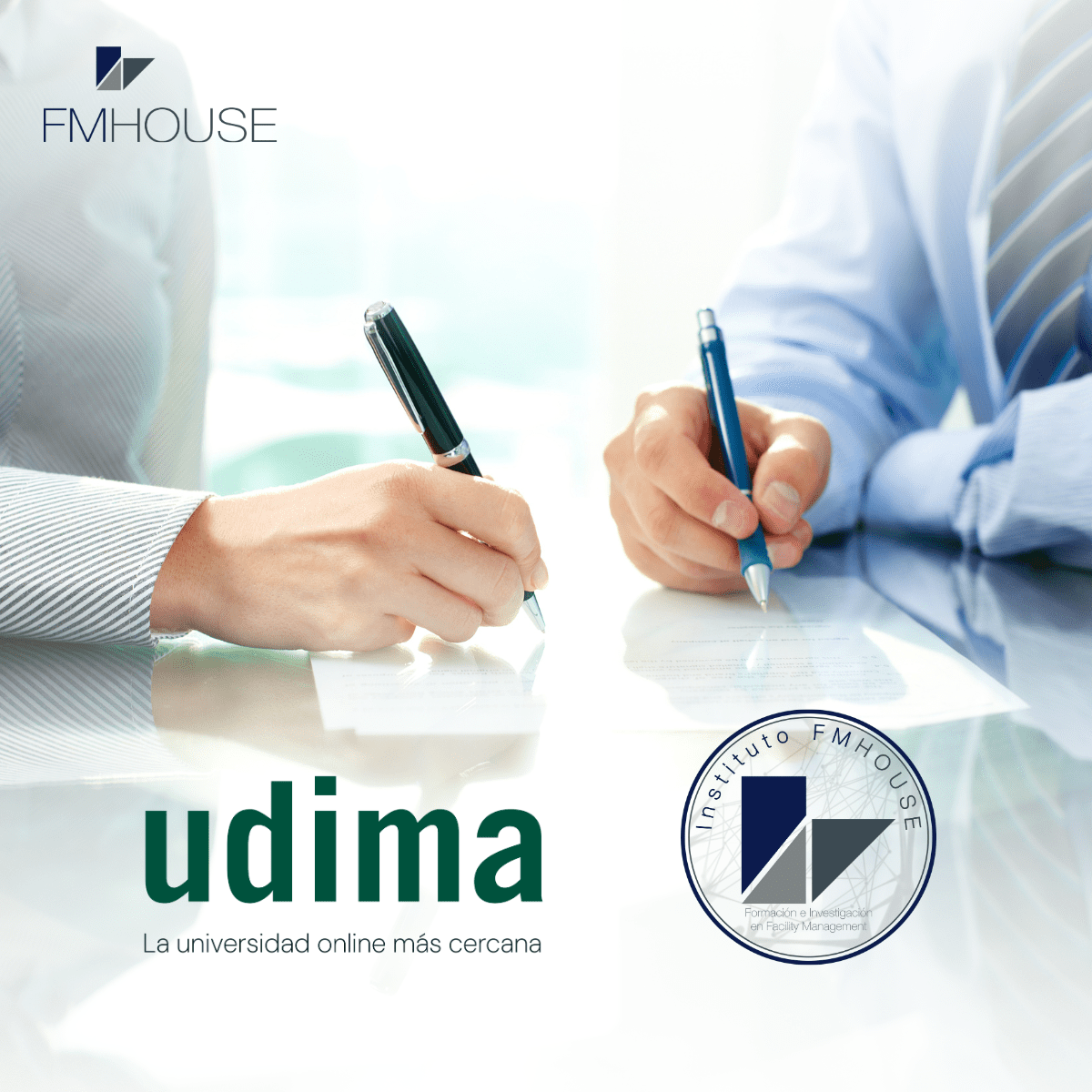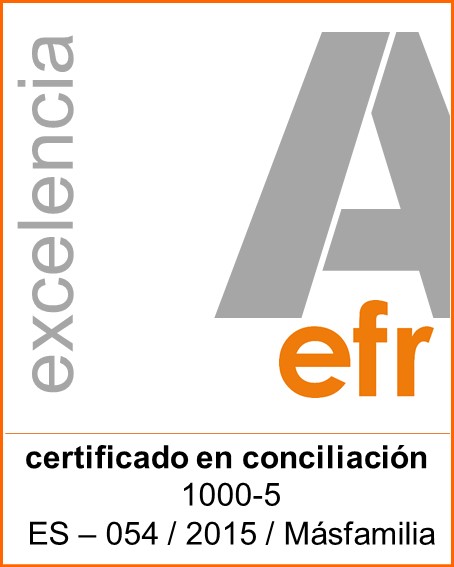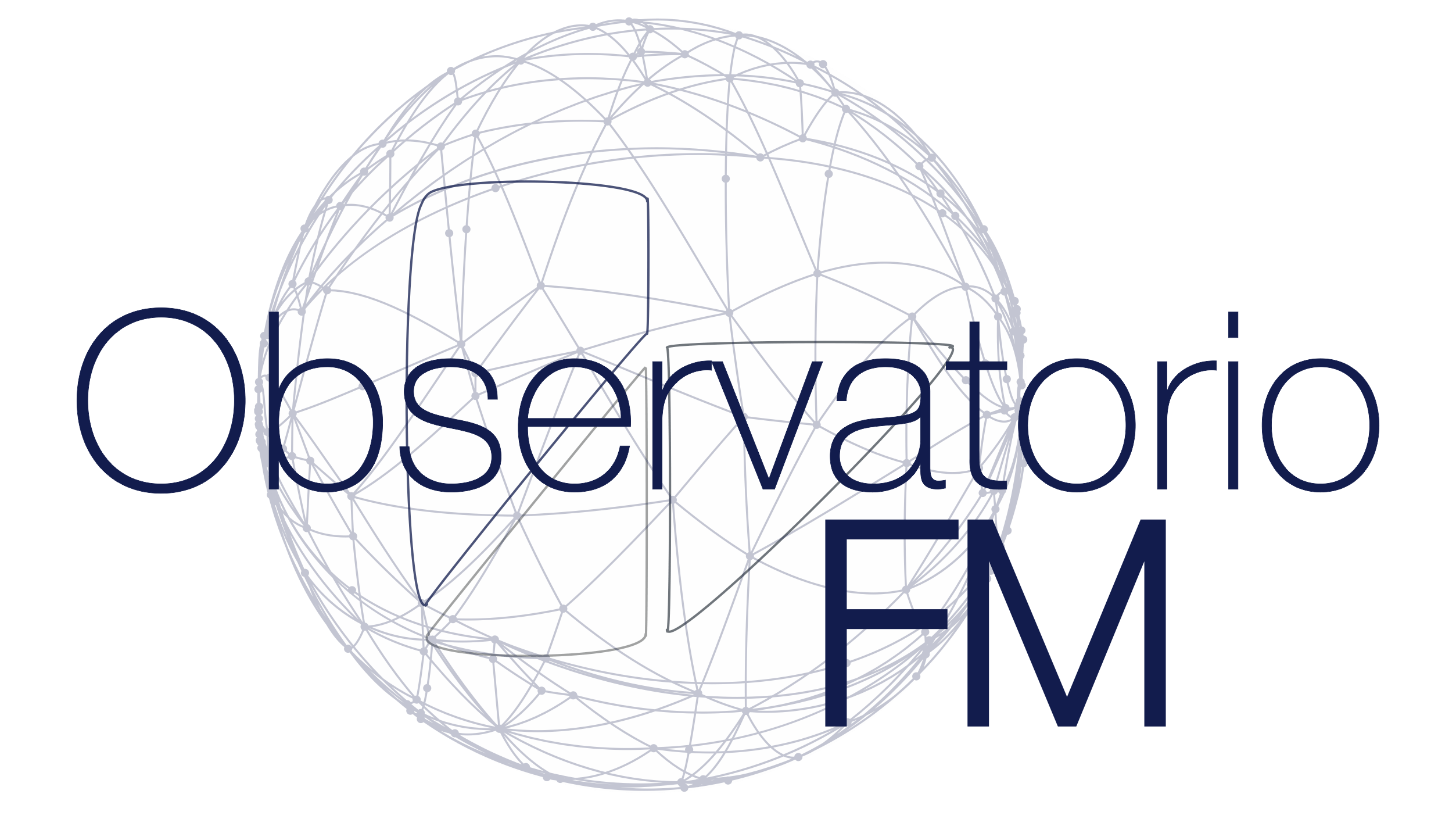The COVID-19 crisis will be remembered as, among other things, an unprecedented social experiment. People’s behaviour and patience is being put to the test, bringing out the best and at times the worst in all of us. The psychological effects and changes in habits mean that we will have to change our approach to certain aspects when all this is over. The leisure, tourism and culture sectors will have to keep an eye on how their customers change their behaviour in order to position themselves in a new market. We want to focus on companies with corporate spaces, since, even though we can decide whether to travel, go to the theatre or go out for dinner, going to the office is not something that’s up to us. We mentioned in another post that these spaces might change in the way they’re used or how they function, and that remote working will be one of the concepts that will influence that transformation.
Times of crisis, time for reflection
In general, companies will be dealing with the consequences of a profound economic crisis. Some of them directly, like hotels, airlines or restaurants, and others indirectly as a result of reduced consumption and strict control of non-essential expenses. Everything is linked and few sectors will be spared, so many managers will be forced to take action. At the end of the day, we must make a profit. In this regard, we have to consider what everything costs and whether each expense-related aspect is essential. Everything will be analysed and each item will be questioned, leaving the door open to new decision-making criteria. This is where the different departments will come into play, with one key department being Facility Management in charge of offices, among many other things. The equation is simple, space is a direct multiplier of cost. Thus, if we reduce the square footage, cost is reduced, but in order to be sustainable the decision will need to determine how and where we work.
It is worth recalling that working from home (WFH) is not a new thing. It’s been possible ever since we have been using cables, whether they’re attached to a phone, computer or data network. And that’s what we do when we answer a call or an email from outside the office. The issue lies in the number of hours the situation lasts, how many days a week and what resources are available. We’ve already talked about our P.R.E.A.C.H. system and there are already a multitude of opinions on what you need or don’t need to work remotely.
Why aren’t WFH policies implemented?
According to daily duties and activities, it is estimated that 80% of office jobs could be done fully remotely. With today’s tools, easy access to technology and the low cost of devices, it would be profitable in practically 100% of cases. The question is logical; why isn’t it done? There are many reasons, but there are two facts. The first is that, for now, people still have to go to the office and the second is that going or not going to the office depends solely on each company’s location and the circumstances. At least, that’s how it was up until we went into lockdown.
The first fact is based on the idea that people must go to the office because not everyone has the personality or suitable characteristics to be able to work remotely, even if their position would allow it. In 10 years of remote working at FMHOUSE, we have had bittersweet experiences where we have not always chosen the best candidates, but we have gradually refined the selection process by asking the right questions before hiring. Remote working gives you flexibility and an incomparable work-life balance, as well as the chance to organise your schedule. But since all your team doesn’t work at the same times, this involves having to be more aware of whether someone needs something from you. In the end, this modality has to be a win-win situation; if it isn’t, it won’t work for either party.
Let’s now look at the second fact. We have to take into account that there’s a person behind every company decision. Whether it’s a multinational or a family business, in one sector or another, there’s always someone who calls the shots. Their knowledge, age, experience or level of creativity are all factors that impact the decisions, and remote working will soon be one of the aspects in hand. The key question we should ask is: Will I be able to accept the concept of work without seeing my employees or what they’¡re doing? (Here we dare ask if `keeping the seat warm´ is considered as work, even if employees are only checking their phone or just watching the day go by…)
The key: Trust
In order to work remotely, team leaders at all levels should stop asking questions like “Where are you?”, “Where were you, I called you several times?” or “What are you doing?” It’s sometimes difficult to control the urge, and this causes mistrust among those who aren’t present. An interesting fact: when we have occupation audits and the company’s undergoing internal changes or there’s a tricky situation, we see more people in the office. You might expect quite the opposite, but this can be explained by taking into account the fear of not being seen. The employees of a multinational told us that “now, more than ever, you have to be here: you arrive earlier and you leave later, even if you do nothing, because if you’re not seen, you seem superfluous and are added to the redundancy list.” More food for thought.
In the same way that you need to know how to delegate in order to be a good leader, you need to trust in order to allow staff to work remotely. Although it’s true that the company and employees should trust each other mutually, it will always start at the top, since whether or not it transpires depends on managers. What will happen from now on is unclear, but what’s certain is that remote work will be something bosses will have to decide on. If mistrust outweighs the benefits, mainly economic ones, but also environmental and social ones, they’ll have to come up with a good excuse. In any event, it won’t be ruled out entirely and it will gradually become more and more common.
We hope the heads of Facility Management departments are consulted during this course of action; unfortunately that’s not always the case, and they play a key role in this transformation process.










